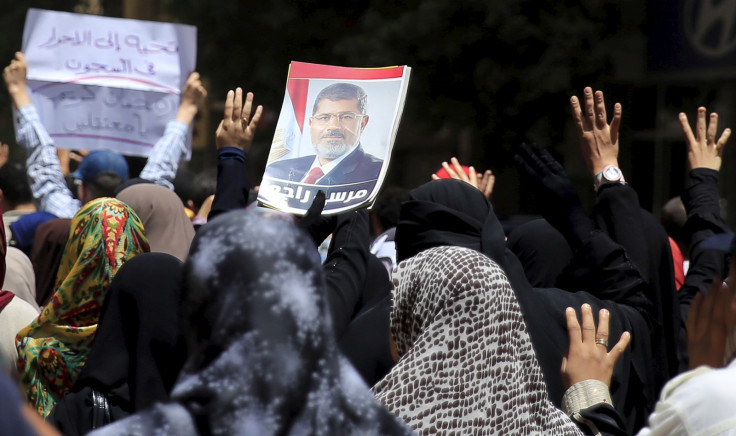Muslim Brotherhood activists qualify for asylum in the UK says Home Office in revised guidelines
Muslim Brotherhood has been tagged a terrorist group in Egypt, Saudi Arabia and the UAE.

Members of the Muslim Brotherhood, a group classified as a terrorist group in Egypt, qualify for asylum in the UK if they are considered under threat of persecution. In its revised guidelines on the group, the UK Home Office said that asylum can be sought over "a fear of persecution or serious harm by the state because of the person's actual or perceived involvement with the Muslim Brotherhood."
The 22-page document Country Information and Guidance Egypt: Muslim Brotherhood, was updated this month. It said that in cases of high profile supporters of the group, including journalists, at risk of persecution, "a grant of asylum would be appropriate."
The Home Office document noted that many senior and mid-level leaders of the group had been arrested, face prolonged detention while some have been handed death sentences. In addition, thousands of members and supporters have also been arrested during demonstrations.
"Some members and supporters have been killed and injured during the same protests," the guidelines said.
The Home Office however clarified that although membership of the brotherhood is proscribed, "low-level, non-political or inactive members and supporters are not generally targeted and it is unlikely that they will be able to demonstrate a real risk of persecution. Each case will need to be considered on its facts," it added.
In December 2013, Egypt's interim authorities designated the group as a terrorist organisation and froze the assets of many members and all affiliated non-governmental organisations (NGOs).
Ex-PM Cameron said group should be considered a possible indicator of extremism
Barely less than a year ago, the UK government under the then prime minister David Cameron carried out a review on the group and concluded that membership or ties to the Brotherhood should be considered a possible indicator of extremism, but stopped short of banning the group in the country.
Cameron had said that the UK would continue to refuse visas to members and associations of the Muslim Brotherhood who have expressed "extremists" views, as well as intensify scrutiny of the activities of its members, associates and affiliates.
In a written ministerial statement to MPs, Cameron said: "Parts of the Muslim Brotherhood have a highly ambiguous relationship with violent extremism." His statement ended with "aspects of Muslim Brotherhood ... are contrary to our values and have been contrary to our national interests and our national security."
Egypt, Saudi Arabia and the United Arab Emirates have all banned the group and have accused it of links to terrorism. The three countries, who are also close UK allies, have also complained that the UK is a base for the group, which started in Egypt.
© Copyright IBTimes 2025. All rights reserved.






















